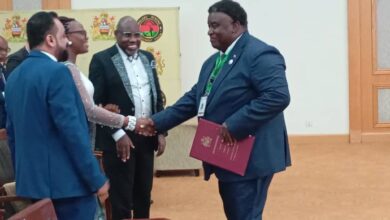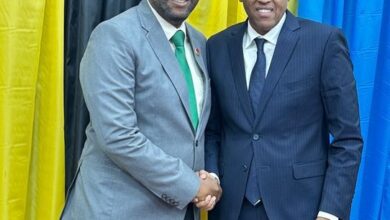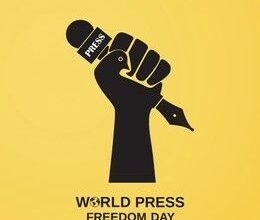Columns
Support for Former President Peter Mutharika: Insights into Malawi’s Political Landscape
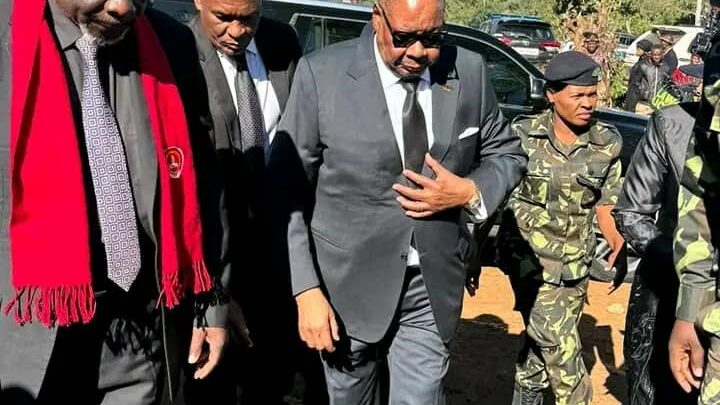
By Burnett Munthali
In Malawi, discussions surrounding the return of former President Peter Mutharika to political prominence reveal a diverse array of viewpoints among the population. Despite varying opinions, a significant segment of Malawians expresses support for Mutharika’s potential comeback. Here are some compelling reasons driving this sentiment:
Economic Policies and Growth: Firstly, Supporters of Mutharika highlight his economic policies and management during his tenure as beneficial for the country’s development. His administration was credited with initiatives that contributed to economic stability and growth, including infrastructure projects and agricultural programs.
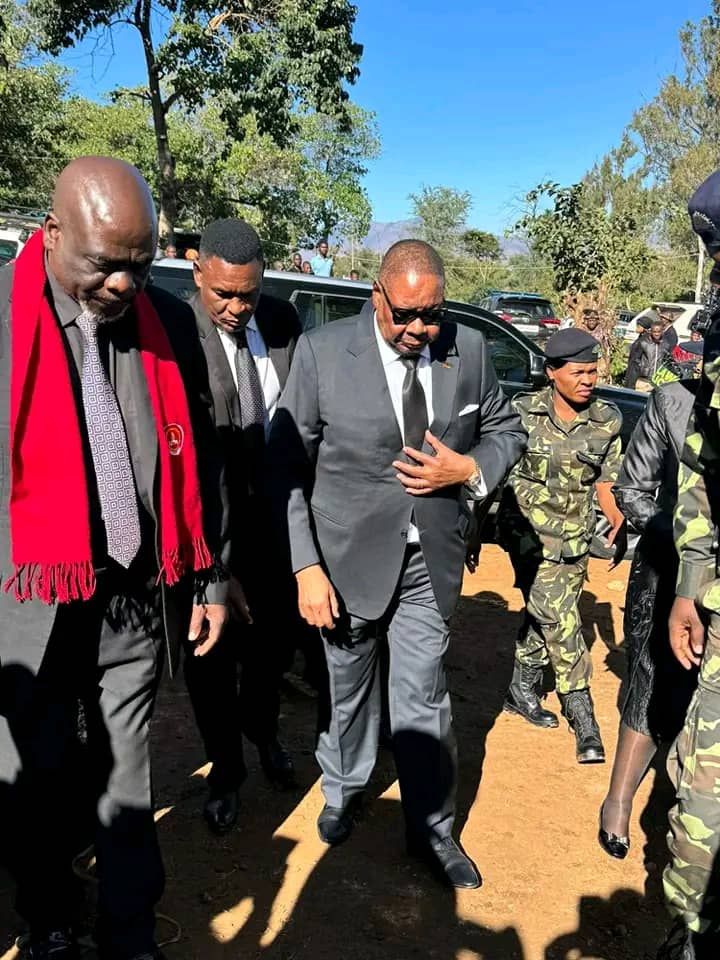
Infrastructure Development: Secondly, Mutharika’s supporters point to significant strides made in infrastructure development under his leadership. They view his focus on improving roads, energy access, and other vital infrastructure as critical for enhancing living standards and economic opportunities.
Experience and Leadership: Thirdly, Many Malawians see Mutharika’s prior experience as a seasoned politician and former president as valuable assets. They believe his familiarity with governance and leadership would bring stability and effective governance to the country.
Party Allegiance: Fourthly, Mutharika maintains a strong base within his political party, the Democratic Progressive Party (DPP). His supporters within the party cite loyalty and adherence to DPP’s principles and policies as reasons for backing his return.
Perceived Stability and Security: Fifthly, Some Malawians associate Mutharika’s tenure with a period of relative stability and security. They value his approach to maintaining law and order, which they believe is essential for the country’s progress and development.
Despite these viewpoints, there are dissenting voices and criticisms regarding Mutharika’s potential return. Critics raise concerns about governance issues, allegations of corruption, and the need for new leadership to address contemporary challenges effectively.
As Malawi navigates its political landscape, discussions surrounding Mutharika’s resurgence underscore broader debates about leadership, governance, and the country’s developmental trajectory. The upcoming political climate in Malawi is likely to be shaped by these contrasting perspectives as citizens weigh the merits of continuity versus change in leadership.



